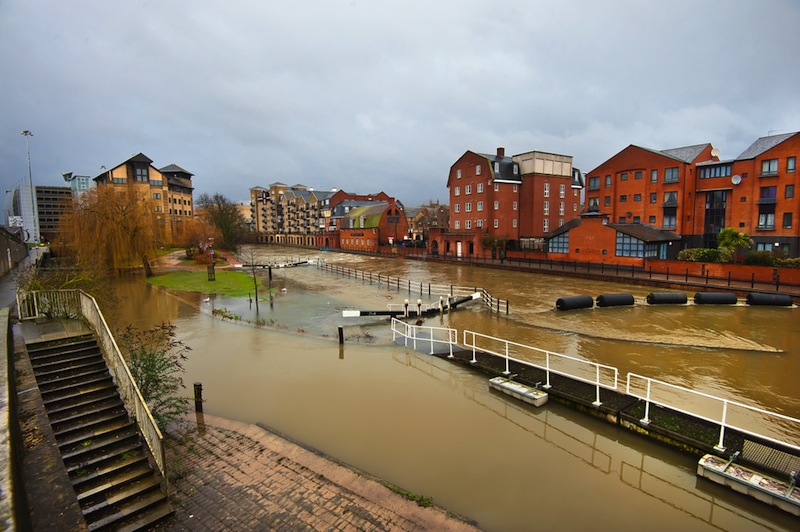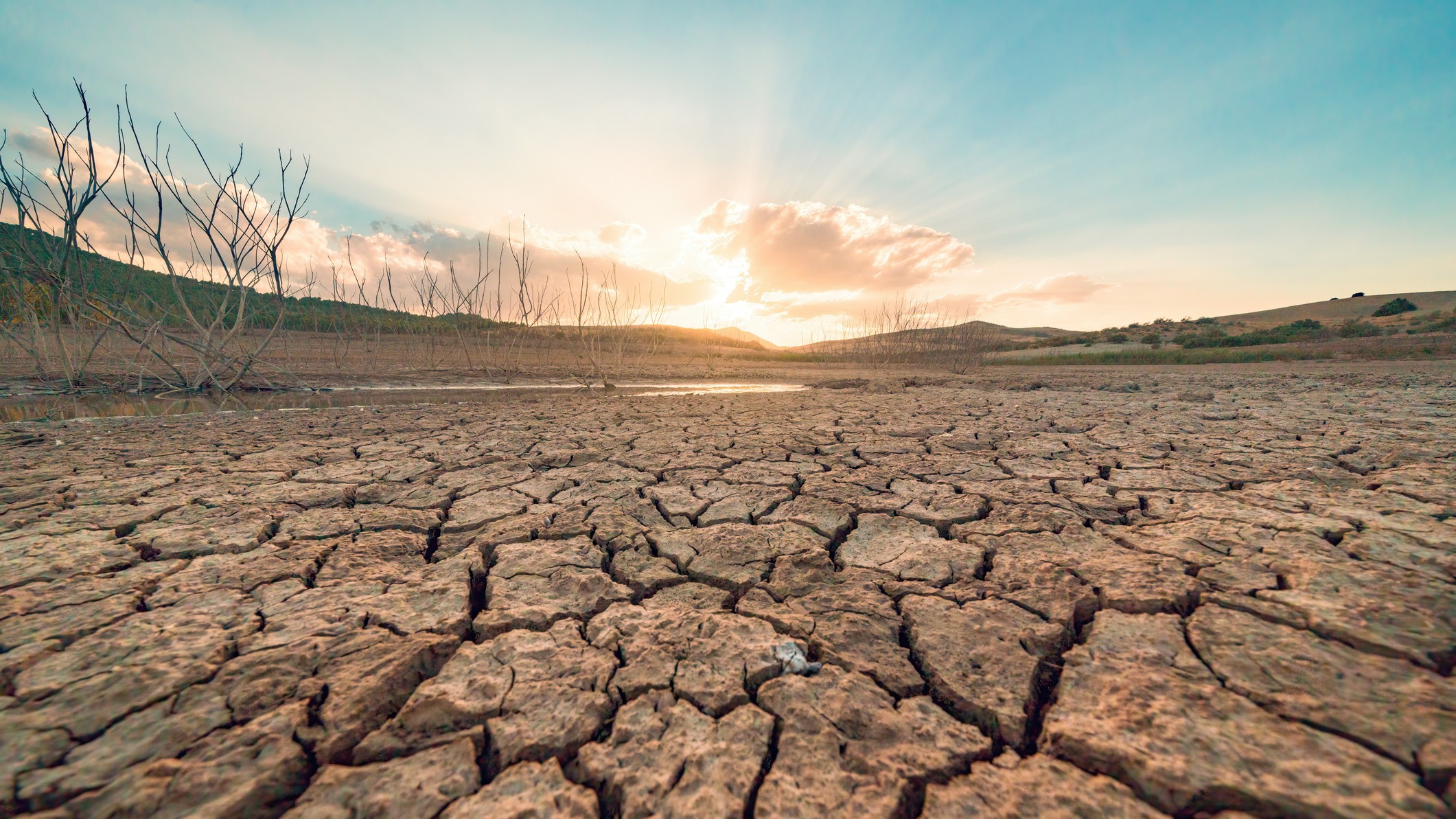Sinkholes Swallow More After UK's Big Storms


Sinkholes are becoming five to 10 times more common in the wake of a series of winter storms in the United Kingdom, sending cars and even parts of homes tumbling into the earth, according to The Guardian.
It's no surprise that extra-wet weather could cause sinkholes, which occur when the ground collapses over an underground void. This winter has been Britain's wettest on record, and excess groundwater can dissolve underground rocks, causing collapse. Soluble rocks such as limestone and gypsum make up a significant portion of the United Kingdom's geology.
"It is impossible to comment on where a sinkhole will appear next," British Geological Survey researcher Tony Cooper told The Guardian. "It will most likely depend on where the next heavy rain events occur."
Sinkholes are still rare in Britain, but 10 have been reported in February, according to the newspaper. One, in North Yorkshire, cracked a home in two on Feb. 17, forcing the evacuation of three houses near the 25-foot-wide (7.6 meter) chasm.
Follow Stephanie Pappas on Twitter and Google+. Follow us @livescience, Facebook & Google+.
Get the world’s most fascinating discoveries delivered straight to your inbox.

Stephanie Pappas is a contributing writer for Live Science, covering topics ranging from geoscience to archaeology to the human brain and behavior. She was previously a senior writer for Live Science but is now a freelancer based in Denver, Colorado, and regularly contributes to Scientific American and The Monitor, the monthly magazine of the American Psychological Association. Stephanie received a bachelor's degree in psychology from the University of South Carolina and a graduate certificate in science communication from the University of California, Santa Cruz.


